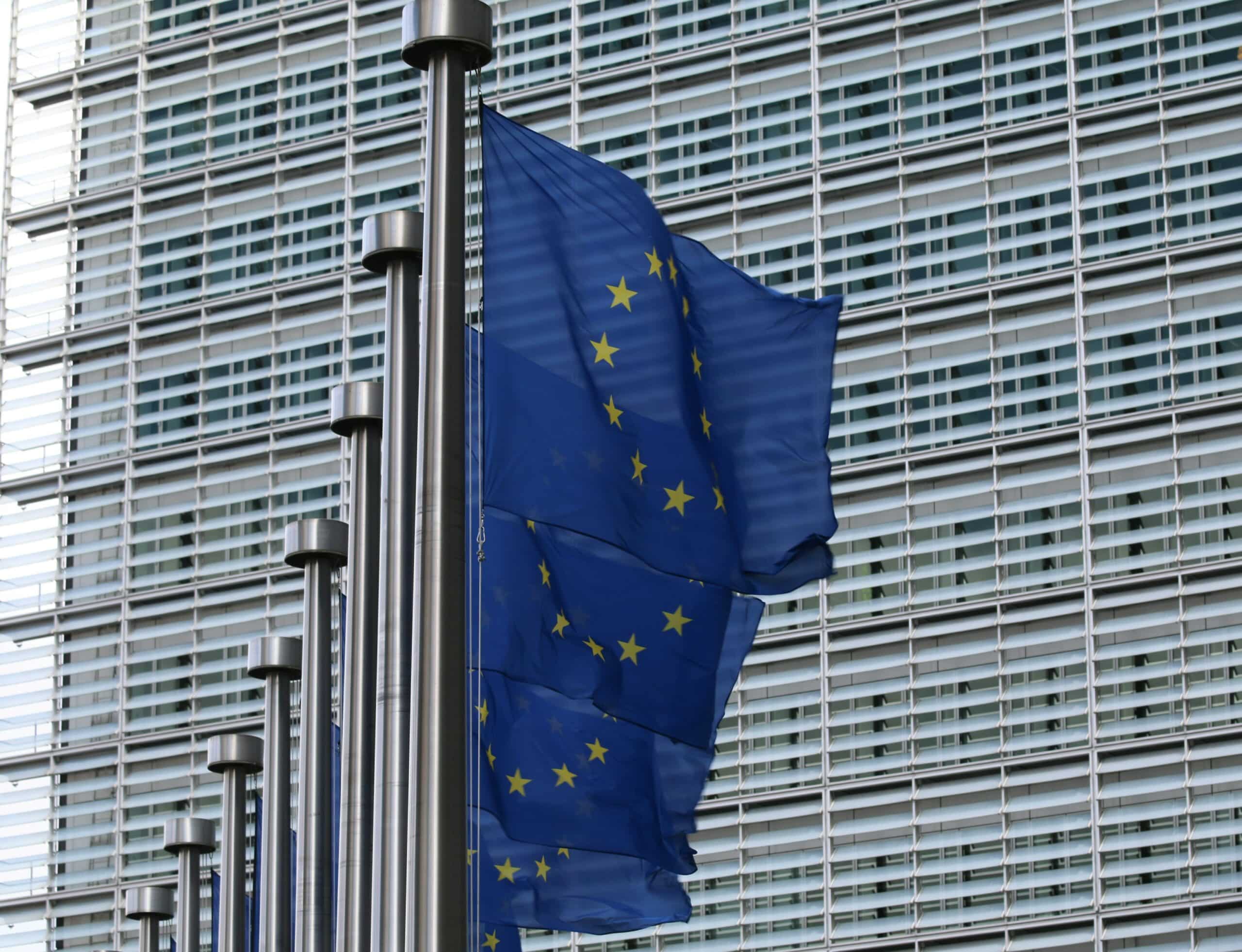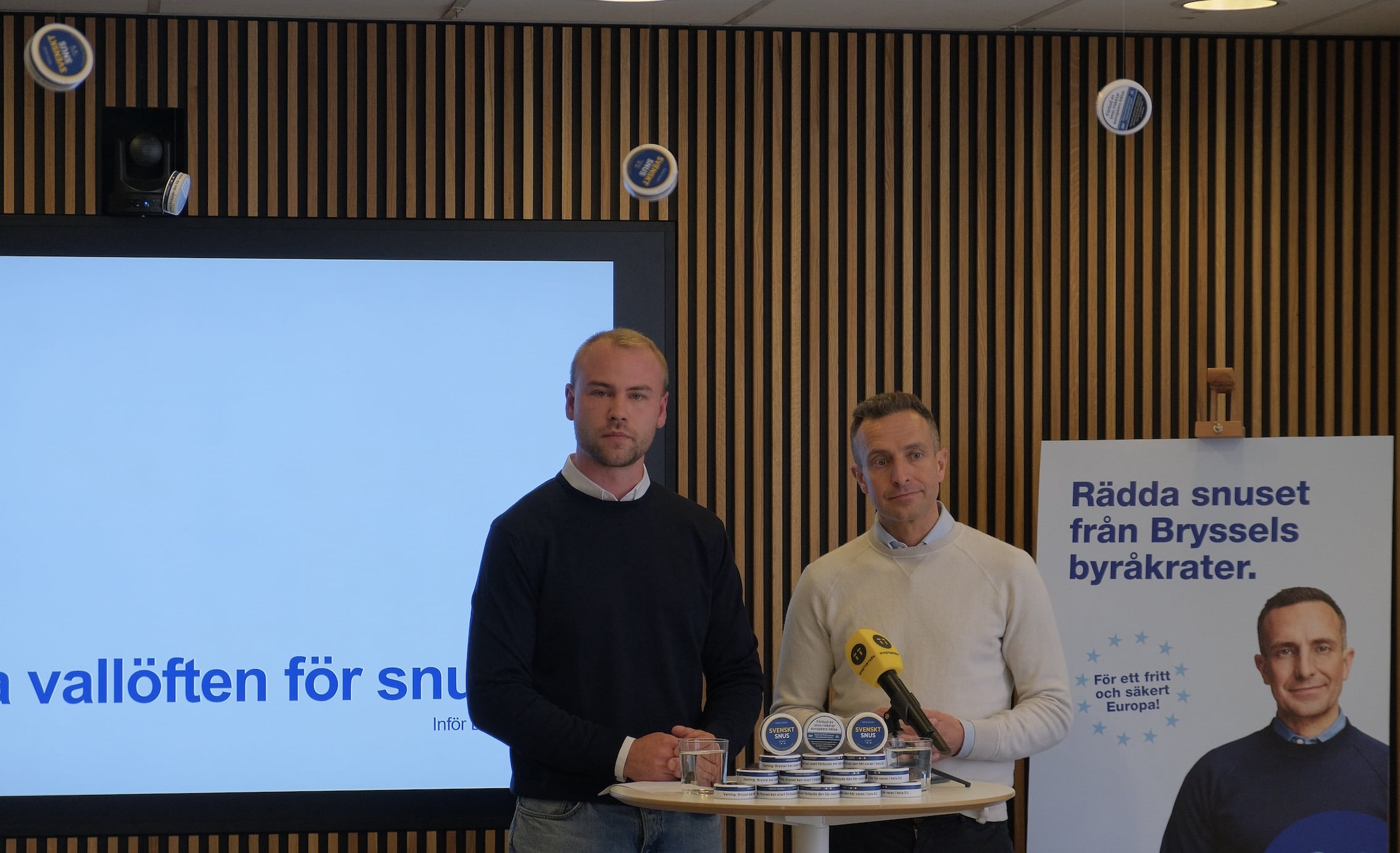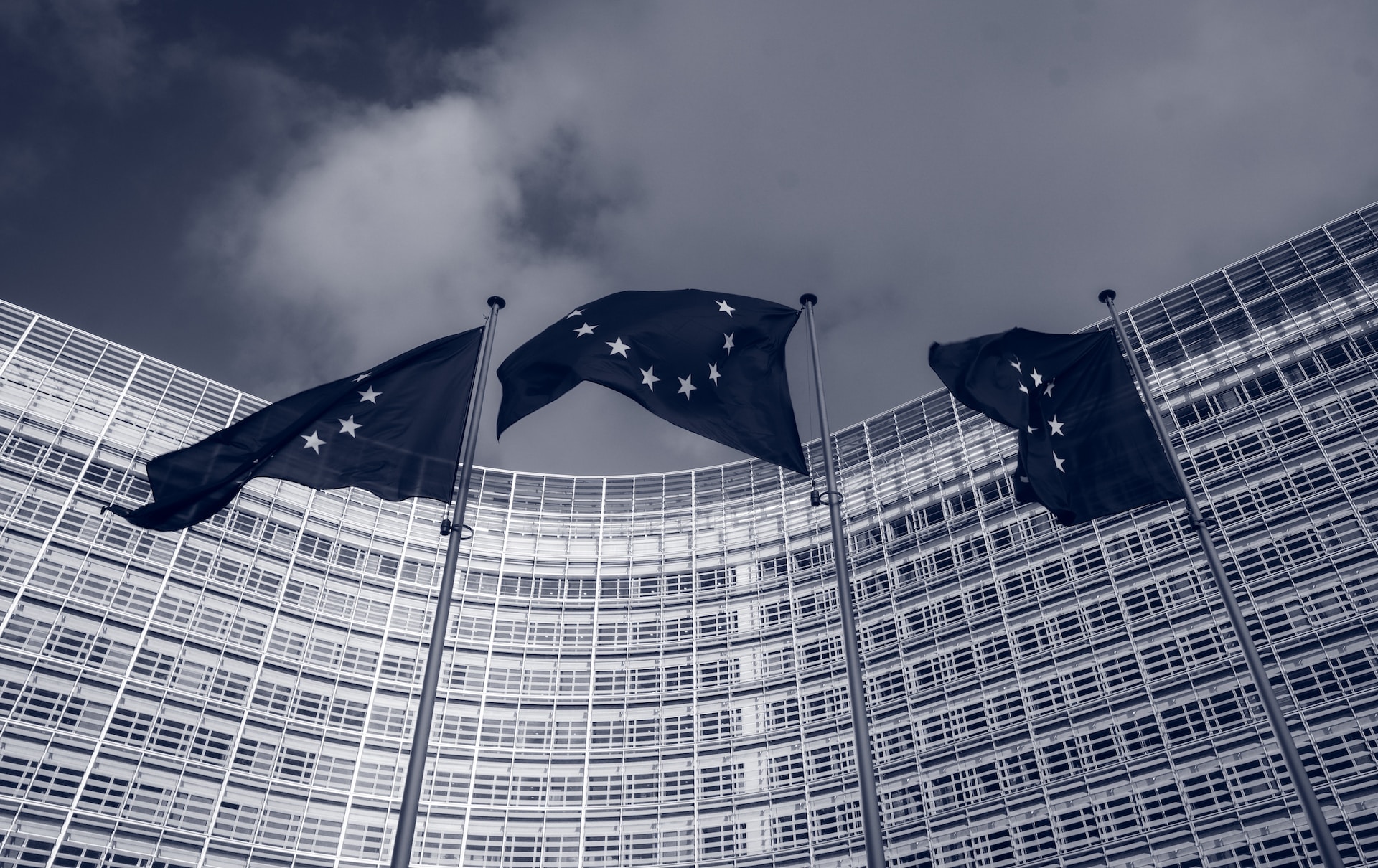
“Why won’t Sweden fight for public health in the EU?”
As the EU considers tightening rules on nicotine pouches, the Swedish government’s lack of engagement draws attention. While other nations advocate for bans, Sweden, known for its groundbreaking public health efforts, remains notably passive.
The ongoing debate within the EU over nicotine pouches, also known as white snus, has sparked significant discussion. Despite countries like Belgium and the Netherlands pushing for bans, Sweden, celebrated for its innovative approaches to reducing smoking rates and lung cancer, has largely stayed on the sidelines.
This silence is concerning, especially within Sweden itself. Experts and advocates in Sweden urge the government to take a more active role. They argue that Sweden could use its successful strategies to shape evidence-based EU policies.
Media outlets, including prominent publications like Dagens Nyheter, have highlighted Sweden’s absence from discussions critical to public health outcomes. The issue extends beyond health considerations, touching upon cultural traditions and consumer rights.
Jörgen Hettne, a respected professor of commercial law, emphasizes the urgency for Sweden to assert its position on white snus regulation. “If Sweden wants to safeguard against the proliferation of white snus, proactive political action is imperative, and the time for such action is now,” he asserts to Dagens Nyheter.
Sweden’s unique status in the EU, with exemptions for snus, demonstrates its success in public health through harm reduction. However, as the EU considers banning nicotine pouches, Sweden’s passive stance raises concerns.
Patrik Strömer, Head of the Association of Swedish Snus Manufacturers, expresses disappointment in the government’s failure to champion Sweden’s achievements.
“It is unbelievable to me that the Swedish government does not emphasize Sweden’s status with two smoke-free generations, significantly reduced lung cancer risks, and a population nearing smoke-free status,” he says, highlighting the Ministry of Health and Social Affairs’ neglect in conveying Sweden’s experience accurately.
“The situation is critical for public health and regulations. As talks continue, Sweden’s lack of involvement becomes more apparent. It’s time for Sweden to step up, protect its public health gains, and advocate for evidence-based EU policies,” says Patrik Strömer.



